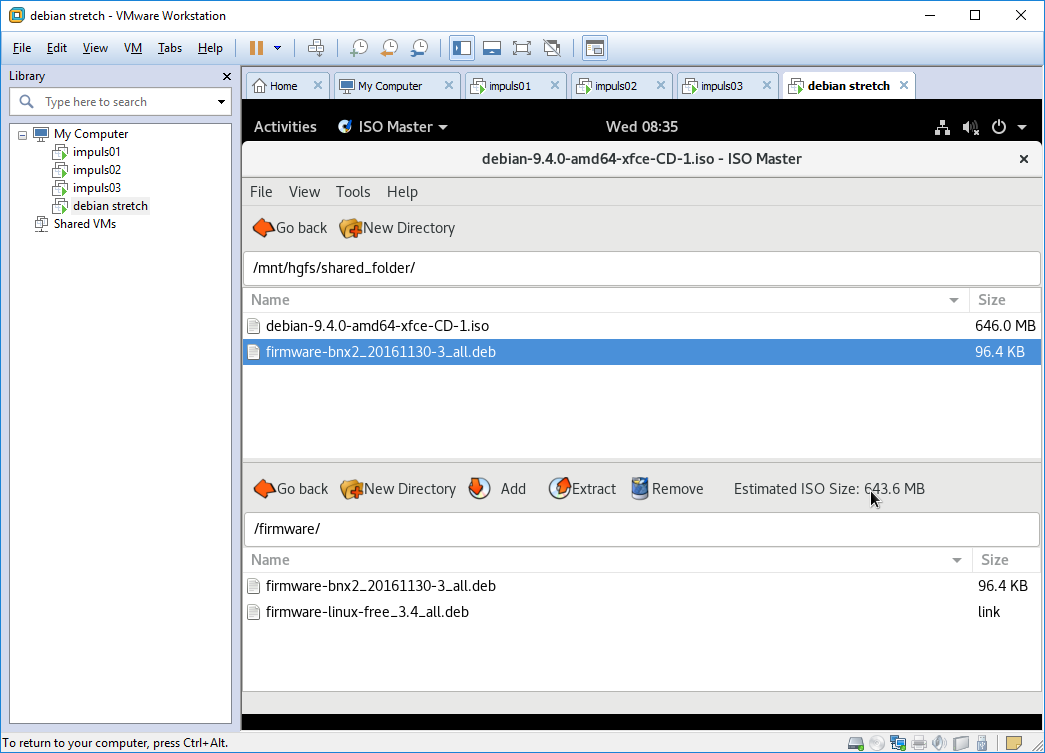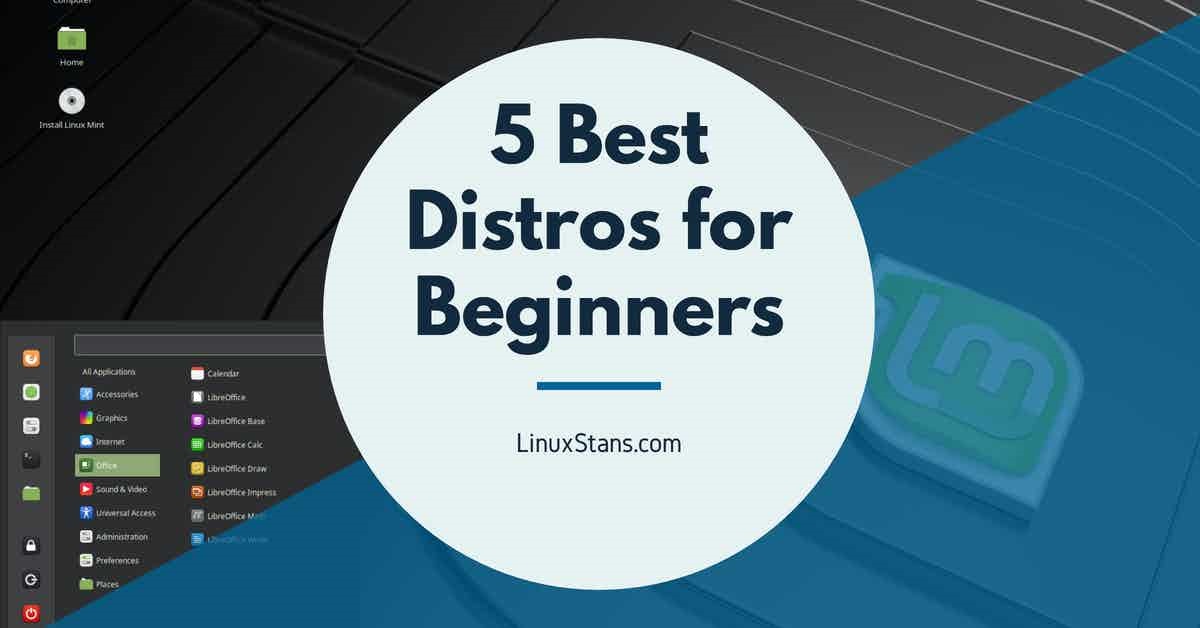
:max_bytes(150000):strip_icc()/makulu-56a5aadf3df78cf7728953f1.png)
- #DEBIAN BASED DISTROS HOW TO#
- #DEBIAN BASED DISTROS ANDROID#
- #DEBIAN BASED DISTROS DOWNLOAD#
- #DEBIAN BASED DISTROS FREE#
To switch back to the original Nexus 7 firmware image you should first download it from Google’s factory images site. Be aware that the fastboot utility has to be available in the PATH environment for the flash script.


In the Android-Transporter directory you will find the flash script, which is called flash-all.sh. Reboot your Nexus 7 device into the bootloader using adb reboot bootloader.
#DEBIAN BASED DISTROS ANDROID#
Now unlock it with the fastboot oem unlock command.ĭownload the Android Transporter firmware for the Asus Nexus 7 and unpack it. Unlocking the bootloader is done by getting the device into the bootloader using the adb reboot bootloader command.
#DEBIAN BASED DISTROS HOW TO#
Just search the Internet for instructions how to install this tools. On Microsoft Windows you will also need Google’s USB drivers. This will void your device warranty and it will also do a factory reset! Next, unlock the bootloader of your Nexus 7 device. Raw image (404 error from their own website) Xfce, LXQt, Mate, KDE, None - depends on spin None / Optional minimal LXDE with dietpi-software installer. Optional installer (dietpi-software) for popular, "ready to run", optimized programs unique to all Pi Models(Kodi/RetroPie etc). There is some information on the news groups that "hard float" optimization can speed up floating point operating up to 10x, please read detailed discussion on the Raspberry Pi forums.Ĭomparison Operating Systems for Raspberry Pi models A and B The official Raspberry Pi distributions are now optimized for ARMv6 and for "hard float" which should have better performance on certain CPU intensive tasks. Therefore, it did not make use of the Pi's processor's floating point hardware - reducing the Pi's performance during floating point intensive applications - or the advanced instructions of the ARMv6 CPU. The foundation felt necessary to use the existing Debian port for less-capable ARM devices due to time and resource constraints during development of the Raspberry Pi.

The Debian Squeeze image originally issued by the Raspberry Pi foundation as the recommended distribution used "soft float" settings. Programming - programming languages that might be used on the Raspberry Pi. Performance - measures of the Raspberry Pi's performance. Kernel Compilation - advice on compiling a kernel. Learn more about how Debian and Ubuntu fit together.Distributions - operating systems and development environments for the Raspberry Pi. Canonical also offers a range of services for enterprises, partners and individuals that help them manage Ubuntu.
#DEBIAN BASED DISTROS FREE#
Canonical also provides commercial support for Ubuntu deployments across the desktop, the server and the cloud.Ĭanonical leads the Ubuntu ecosystem, partnering with public cloud and hardware providers to enable a high-quality platform that can be used free of charge, anywhere. Enterprise maintenance and support are guaranteed by Canonical for five years with optional Extended Security Maintenance available to Canonical customers. Ubuntu milestone releases are made every six months, Long Term Support releases are made every two years. Ubuntu develops and maintains a cross-platform, open-source operating system based on Debian, with a focus on release quality, enterprise security updates and leadership in key platform capabilities for integration, security and usability. Today, Debian encompasses over 50,000 packages of free, open source applications and documentation. Since its launch, the Debian project has grown to comprise more than 1,000 members with official developer status, alongside many more volunteers and contributors. About Debianĭebian is a volunteer project that has developed and maintained a GNU/Linux operating system for well over a decade. Ubuntu has a distinctive user interface, a separate developer community (though many developers participate in both projects) and a different release process. Ubuntu builds on the Debian architecture and infrastructure and collaborates widely with Debian developers, but there are important differences. Contribute to Translation and Localisationĭebian Debian is the rock on which Ubuntu is built


 0 kommentar(er)
0 kommentar(er)
